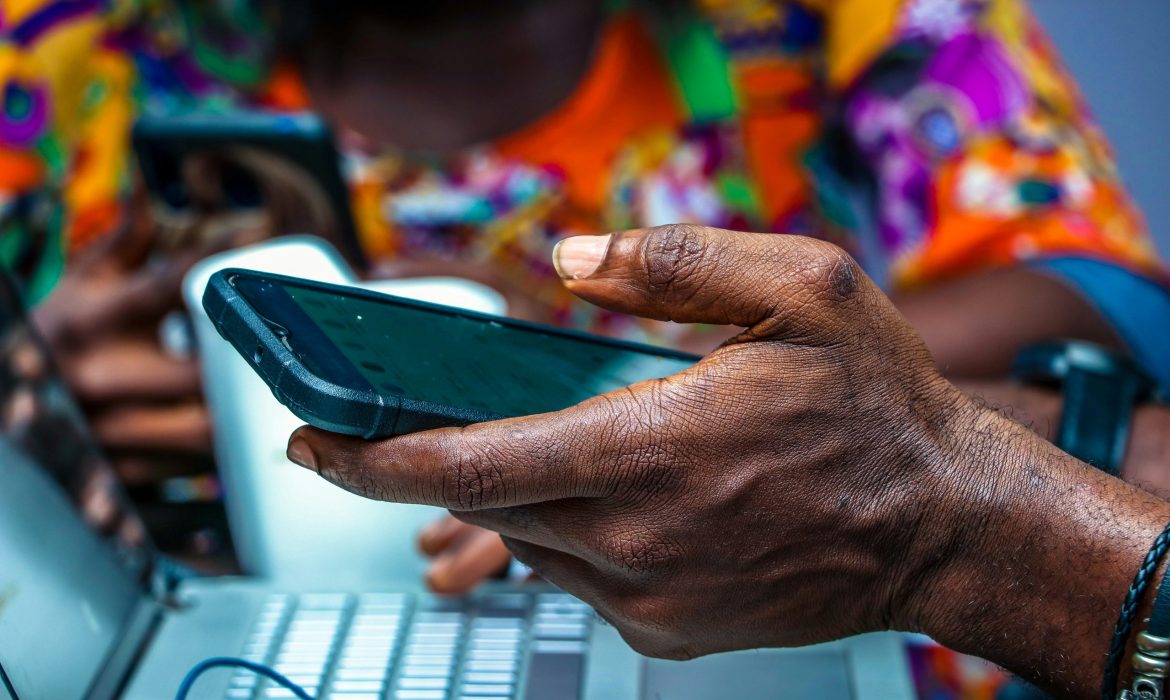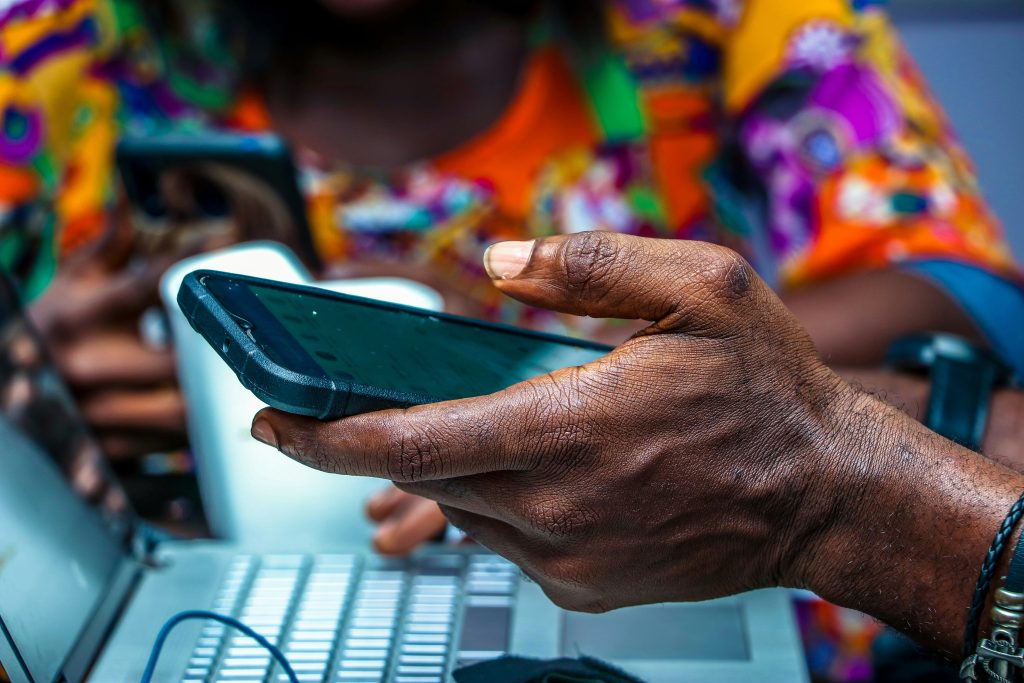

Africa is undergoing a technological renaissance with various sectors in various countries across the continent seeing rapid change. Education, healthcare and infrastructure are so vastly different from what they were a few decades ago as to be unrecognisable. The way African businesses and institutions operate has changed, totally reshaping lives and possibly paving the way for Africa to take its place as a global hub for innovation. Where the continent may have once lagged behind in terms of technological prowess, it is now leading in several areas.
Digital Education: Empowering the Next Generation
The world as a whole is seeing a rapid shift toward education becoming more easily accessible through digital platforms. Access to knowledge is no longer limited by ability to afford textbooks and writing materials. This shift was further accelerated by the COVID 19 pandemic that saw billions locked away inside their homes for months at a time, forcing work and education to move online. Africa has not gone untouched by this change as dozens of digital platforms have begun cropping up over the years aiming to meet a wide array of needs, up to and including education.
Platforms like Afrilearn, AltSchool Africa, Ubongo and countless others are leading the way when it comes to EdTech offering people in Africa access to information on a scale previously unseen. As the world is changing, a number of companies in Africa are working to keep abreast of some of the latest technological trends and advancements. Technology allows marginalised communities to thrive in the digital economy.
Sustainable Energy Solutions: Powering Communities
Many communities in Africa still face challenges with energy. There is often too little to go around and much of it is generated un-sustainably. However, as the cost of solar energy equipment falls and with much of the continent living in rural areas, Africa is poised to become one of the largest generators of solar power in the world. Africa receives more sunshine on average than any other continent and residents are beginning to take advantage of the fact. Solar panels are becoming almost ubiquitous in some areas. The sight of an old traditional style home with a solar panel outside supplying power to devices within is not uncommon in rural areas and even homes in urban areas are equipped with solar backup power systems.

Some African companies are working to remove the financial barriers preventing people from switching to solar power. By offering pay-as-you-go solar installation services, companies like Yellow in Malawi make it possible to electrify the population much faster, with greater ease and much more cleanly than traditional grid electricity. Additionally, some governments have passed legislation mandating the use of solar water heaters over traditional ones in residential areas, greatly reducing the strain on the main grid and bringing them one step closer to the world’s vision for a green future.
Mobile Money
One area in which Africa is leading is in mobile money. No other continent has as many mobile money users or transactions and the number keeps growing. Millions of people rely on mobile money to make and receive payments, almost every business on the continent, big or small, uses mobile money platforms to some extent. All statistics point to Africa leading the mobile money revolution with various sources putting the number of accounts between 500 million and over a billion.
Easy to use, convenient and often less expensive than traditional banking, mobile money has taken the continent by storm and other regions around the world are also seeing a surge in the number of yearly mobile money transactions. Africa remains firmly in the lead, however, and it is likely to remain so for a long time. Mobile Money has opened up countless opportunities for people from all walks of life. Sending and receiving money has never been easier, even where internet access is limited. Subscription services and online payments, once only available to those with traditional bank accounts and reliable internet access, are now easily accessible to a much larger section of the population.
Connectivity
Internet penetration rate is at an all time high in several African regions and continues to climb. Southern Africa sits at 77%, well above the global average of 68%. Other regions, while still lagging behind, are also beginning to catch up with millions of Africans gaining internet access every, a phenomenon similar to that in South Asia a few years ago but on a much larger scale. Mobile networks are the main force behind the drive to connect Africans but satellite connectivity providers like Starlink have had a hand in connecting thousands, especially businesses.
Experts speculate that we may see Africans become one of the largest groups of internet users within the decade. The economic, social and cultural implications of this are massive with many already looking to online work and outsourcing as sources of income.
Optimistic About The Future
Africa’s technological advancement is characterised by general development in multiple areas. Internet connectivity, mobile banking and sustainable energy are just a few examples of Africa slowly coming into its own as a force on the global stage. Boundless optimism colours every technological advancement and Africans are beginning to look to the future with hope for a future where technology makes life in Africa a truly spectacular experience.
As Africa marches forward to become the hub of innovation it is destined to become, we at Centric Data continue to work around the clock in order to ensure that we continue to stand at the forefront of technological innovation. This Africa Day we celebrated technological growth across our continent but it was also a celebration of our own contributions to technological growth in Africa.

